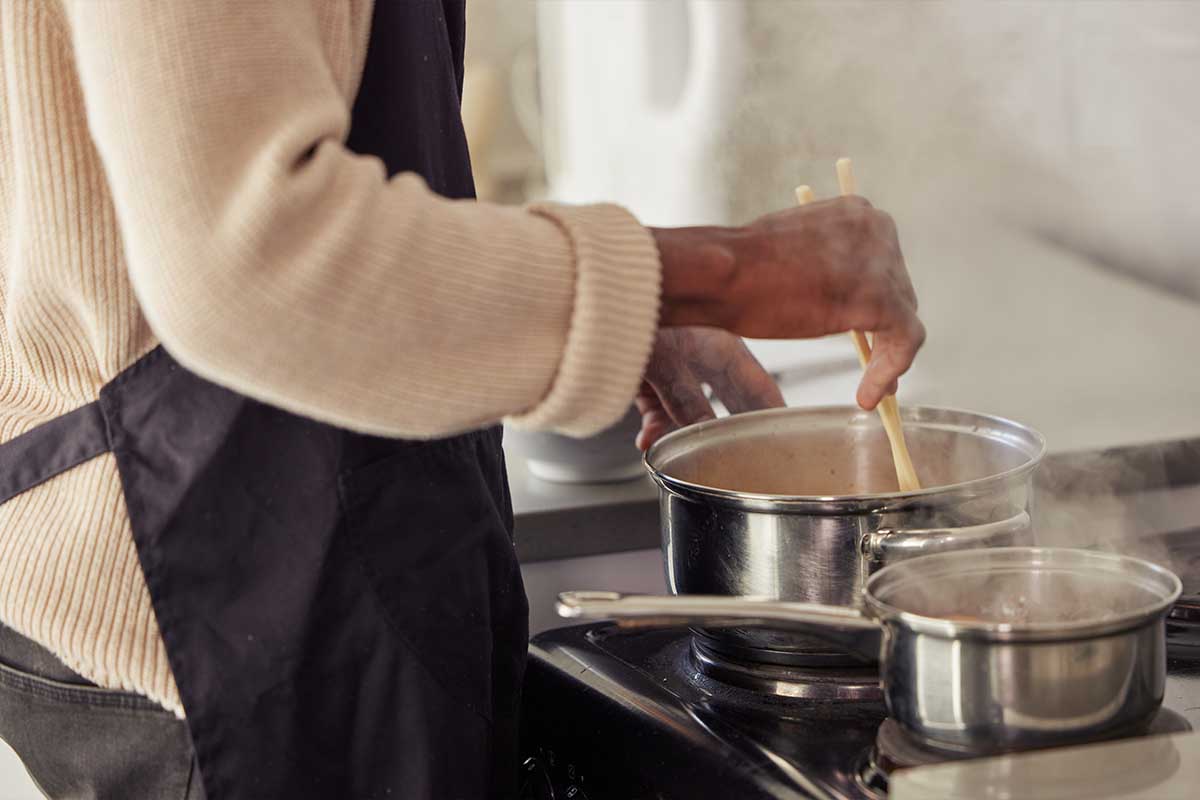Advertisement
Utensils and Containers
The types of pots and containers you use can affect your ingestion of chemicals. Use pots made of stainless steel, cast iron (which has the added benefit of providing iron to the diet), glass and new enamel. Use containers made of glass, ceramic or stainless steel. Discard aluminum containers and utensils. Harmful aluminum will leach … Continued

The types of pots and containers you use can affect your ingestion of chemicals.
Use pots made of stainless steel, cast iron (which has the added benefit of providing iron to the diet), glass and new enamel. Use containers made of glass, ceramic or stainless steel.
Discard aluminum containers and utensils. Harmful aluminum will leach into your food, especially with acidic food such as tomatoes and citric juices. Discard older enamel pots because they often contain a harmful substance called cadmium-never use chipped enamelware.
Use wooden or stainless steel utensils whenever possible, since plastic gives off poisonous fumes when heated. The toxic plastic coating on non-stick pans can easily scrape off into food. Plastic containers react with food and beverages, shedding plastic particles into your food (softer plastics break down more easily). The plastic in water containers breaks down and is absorbed into the water, forming potentially toxic contaminants, and giving the water a plastic taste. The health threat from these contaminants has not yet been clearly established, but some experts say that both the base chemical from which the plastic is made, and the new chemicals which form when the plastic’s components react with impurities in the water, can be toxic.
According to Dr. Theo Colborn of the World Wildlife Federation, chemicals which act like estrogen leak from some plastics. These synthetic hormones trigger a cascade of damaging biochemical changes that affect development of the nervous, immune, endocrine, reproductive and digestive systems. These effects are usually irreversible. In addition, bottled water stored in a warm place or in direct sunlight increases the rate of the chemicals leaching from the plastic into the water, and is susceptible to growth of bacteria in the water.





